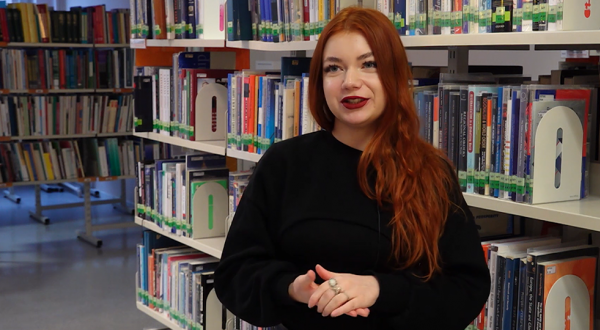RSU Expert: Tolerance Doesn't Have to Be Unlimited
On International Day of Tolerance on 16 November, social anthropologist Assist. Prof. Klāvs Sedlenieks, Head of the Social Anthropology master's study programme at the Department of Communication Studies of Rīga Stradiņš University (RSU) explains the meaning of tolerance, or patience, and encourages us to think about the society that we would all want to live in – a tolerant or intolerant one.
Tolerance is the ability to accept that people are different or a kind of resilience in situations where outer factors differ from the norm, for instance a resistance to diseases", explains RSU Assistant Prof. Klāvs Sedlenieks.
In order to be tolerant, you need to make an effort, as tolerance is not an inherited characteristic or a natural reaction to situations, yet "we need to remember that the world is structured in such a way that all living organisms are different. If life forms were all the same, there would be no evolution and life as it is now would most likely come to an end. For this reason some form of tolerance is necessary as this is the only way that anything can happen and exist."
Is it easy for us to be tolerant? Research shows that people find it hard to accept the expectation that we need to be tolerant. It is much easier to understand if we speak not of tolerance but focus on the similarities – on that which unifies people who may appear to be very different. We all experience fear, love, friendship, empathy etc., and in that way we are all similar.
"Yet tolerance need not be unlimited!" Klāvs Sedlenieks emphasises. "We don't need to be tolerant towards those people who try to destroy others in some way, who promote violence or aggression."
At the end of the day, each one of us could ask ourselves, what kind of a society we would like to live in – "in a society that has a higher level of tolerance or one with a lower level of tolerance and any one of us could end up in a situation where intolerance is directed against us," encourages social anthropologist Klāvs Sedlenieks at the end of the comment.
Related news
 Anastasija Šuļkovska, RSU SP Head of Communications, Wants to Help People For Students, Video Commentary
Anastasija Šuļkovska, RSU SP Head of Communications, Wants to Help People For Students, Video Commentary


